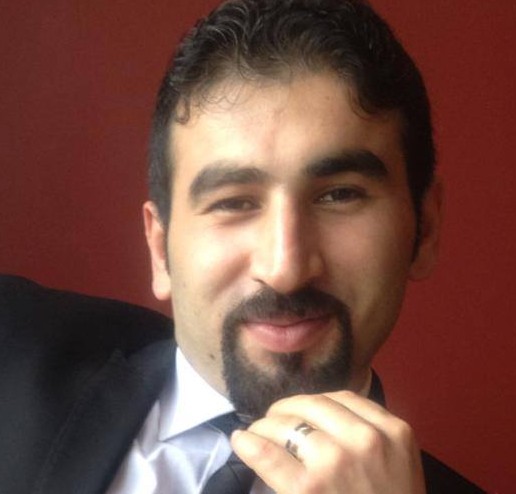
Book Introduction: Iran’s Criminal Policy towards Drug Crimes
Morteza Esmaeelpour
The book “Iran’s Criminal Policy towards Drug Crimes” is written by Mansour Rahmadl. This book has been published by the Organization for the Study and Compilation of Humanities Books in Universities (SAMT). He has written thirteen books and dozens of specialized articles on legal and criminal issues related to drugs and the latest developments in criminal sciences, with an emphasis on new laws and criminal procedure issues.
The mentioned book consists of four content sections. The first section discusses the topic of “the concept of criminal cognitive reforms of drugs and criminal policy”. In this section, the author discusses legal content and proceeds with a comparative approach. The second section addresses the topic of “cognitive theories about drugs”. Mansour Rahmdel, a professor of law at the University of Tehran, refers to the roots of this topic and expands it in other sections. The third section delves into the characteristics of criminal policy in the field of “drug trafficking”. Rahmdel discusses laws and issues related to the characteristics of criminal policy in this discussion. In the final section, he also compares the historical process of criminal procedure for drug-related crimes in previous periods, during, and after the Iranian Revolution; he also mentions the types of courts and their rulings in this section.
The author of the mentioned book has attempted to continuously expand the sections of this book and in doing so, strives to address the expansion of the topic of criminal policies in the Islamic Republic of Iran in each section.
The author strives to address the influential factors on the background of drug trafficking and the immense challenges facing humanity. In various sections of this book, he makes many references to the world today and the issue of drug consumption, which is one of the major challenges.
Rahmdel refers to policies to combat drug use and trafficking: The international community, understanding the damaging economic and social effects of drug use and trafficking, has taken responsibility and has so far called for the cooperation of countries by ratifying three major international conventions and drawing their attention to this issue. The Iranian society has also always been faced with this problem and has adopted a policy to address this issue.
This book is written with an emphasis on the laws of the Islamic Republic and the subject of criminology. The author attempts to answer questions such as: Does the preventive legal system and the international legal system have an answer to combat drugs? Has Iran’s criminal policy towards drugs been preventive or curative in nature? What changes and developments has the criminal policy undergone since before and after the revolution and overall since the beginning of legislation in Iran? Has the criminal policy towards drugs reached the stage of treatment after the commission of the crime?
Under certain conditions, from 1348 (1969) after the approval of the law banning the cultivation and use of opium, a struggle against the consumption of opium emerged and on the other hand, a more serious fight against drug trafficking began, which continued until the February 1979 revolution. After the revolution, criminal penalties for drug cultivation and trafficking were based on strictness and suppression, while those for use and addiction were based on treatment and rehabilitation; however, these measures have not been effective so far.
Book Name: Iran’s Criminal Policy towards Drug Crimes
Author: Mansour Rahmadl
Publisher: Organization for Study and Compilation of Humanities Books in Universities (SAMT)
First printing: November 2007
 Created By: Morteza Ismailpour
Created By: Morteza IsmailpourTags
Introduction to the book Magazine number 48 Mansour Rahmado Monthly Peace Line Magazine Narcotics ماهنامه خط صلح